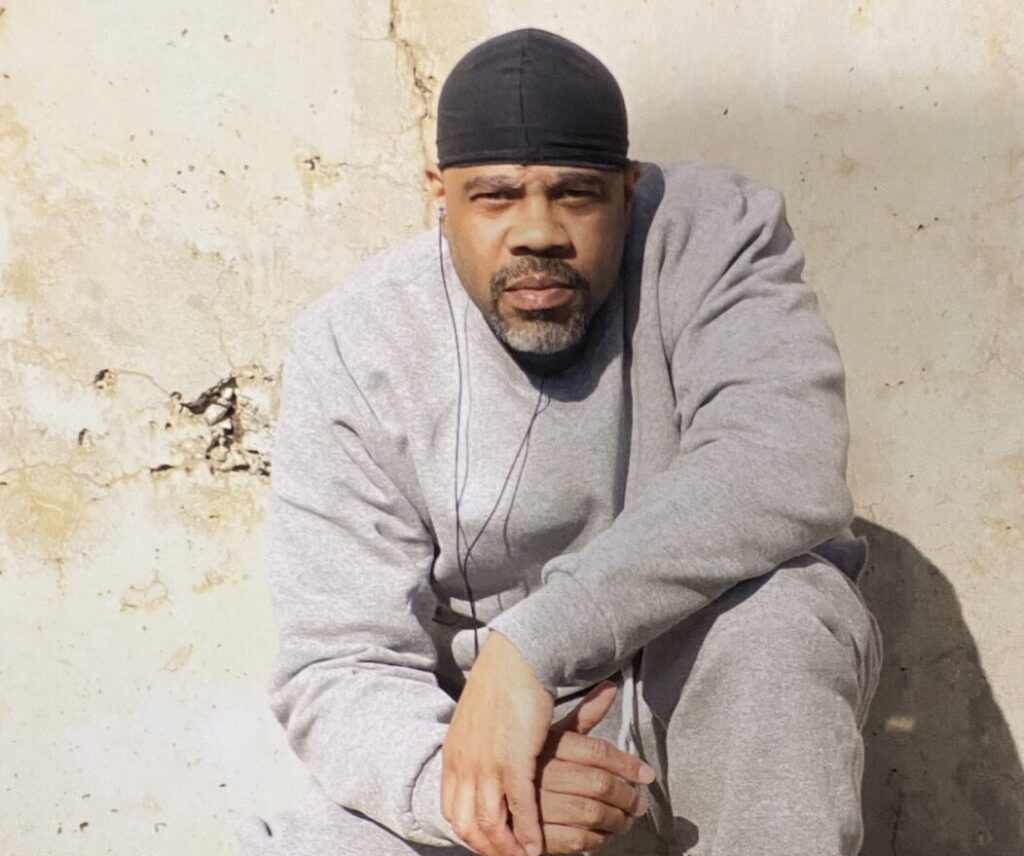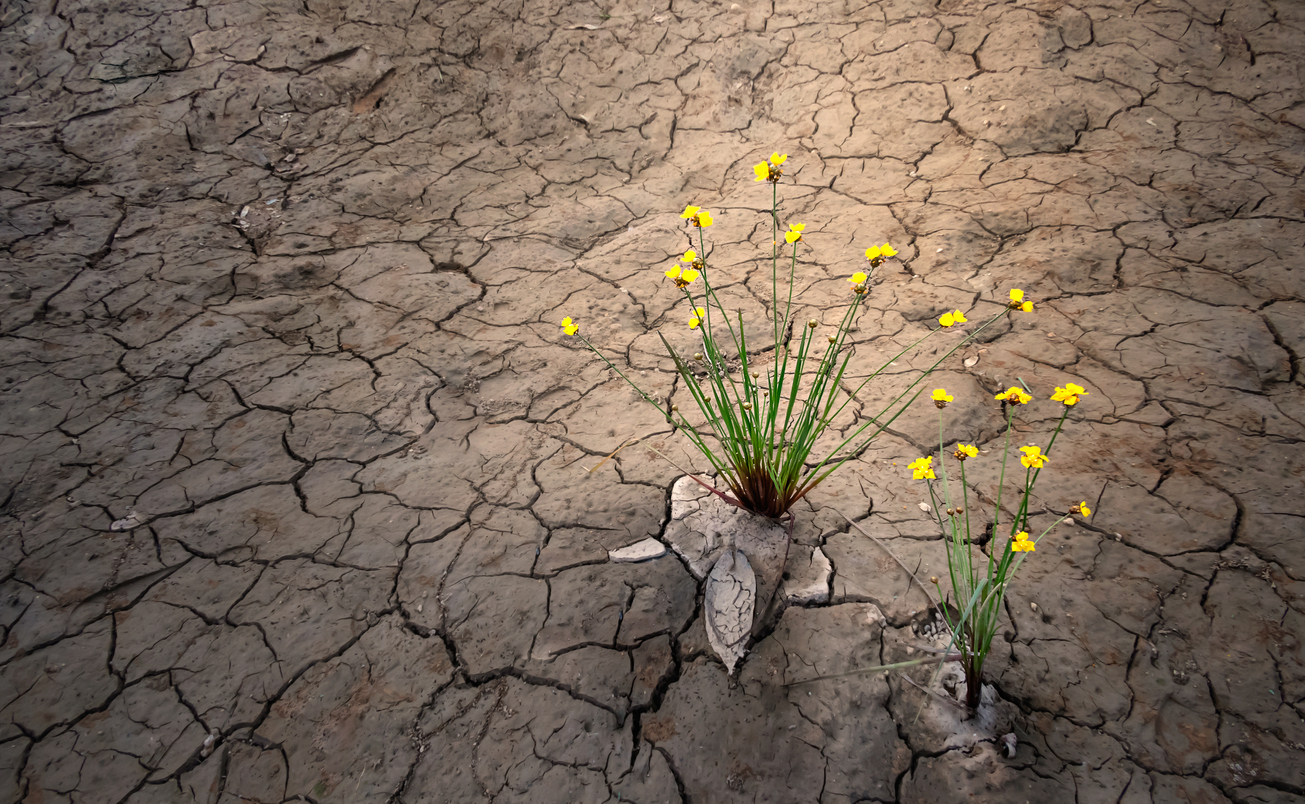We’re living our lives to the fullest, doing good things along the way,
when bad choices and tragic circumstances make for a bad day.
We are arraigned, indicted, sentenced and sent on our way,
to serve a term of imprisonment, then home some future day.
This process creates an indelible stain;
the word felon translates to societal disdain.
Supposedly our time is done on the day we leave,
but the stigma of being a felon
is an impediment to what we seek to achieve.
We long for things like a job, a car, a home —
a second chance.
But people won’t let us forget,
even when we can’t change that circumstance.
We’re persecuted despite wanting to change
and play a constructive role;
we’re roiled and distressed because it is beyond our control.
Try hard, my fellow felons, as best as you can do,
to know and understand that your crimes don’t define you.
We’re much more than our crimes;
there’s so much more we can be,
if people would just remember:
We’re still human beings, like all of humanity.
All we want and need is a second chance to earn our just due.
Put yourself in our shoes; wouldn’t you want a second chance too?
— Joseph Randy Mays, USP Lompoc (CA)
By Rob Barton
This poem, written by one of our network members, captures so well the pain, desperation and hope that fills the hearts of every person who spends years behind bars. It demands to be heard, not only humanizing the incarcerated, but encouraging readers to look deep into their own souls. In my mind, this makes this poem by Randy Mays the embodiment of MTOC’s mission.
In an essay he titled “Building a Forgiving Society,” Joseph Margulies writes: “I am hard at work on a new book. It begins at the end. It imagines we have created a world that is considerably more forgiving than our own. Where society has neither the right nor the inclination to treat a human as a monster, indelibly branded as unworthy of membership, and where no transgressions, no matter how severe, permit society to dissolve the bonds that all humans share, simply because they are human. A world where punishment proceeds from the premise that wrongdoers were, are and will always remain one of us, and that the goal of punishment is not to cast out but to bring back. Where people aren’t entombed in their past.”
This statement says all I believe in and wish society to be. During my insatiable reading and studying, I learned about several indigenous societies. They flourished before an official judicial system, police or courts were established to keep the “order,” with laws and rules enforced with a simple penalty: ostracization. You can call it their version of prison. Except there was one difference: It was done with the goal of bringing the individual back into the tribe (society) as a whole person, without the permanent stain of an outcast.
Somewhere along the way, our “civilized society” lost this ability to combine accountability with compassion and foresight. In other words, as Margulies concludes, “we have become quick to condemn, but slow to inquire,” a society that is “uncurious, ungenerous and unyielding.”
This is why I commend Canada’s high court for its recent ruling that life-without-parole (LWOP) sentences are cruel and unconstitutional. The court’s unanimous reasoning speaks volumes: “LWOP sentences violate protections against cruel and unusual punishment and bring the administration of justice into disrepute. Such sentences are degrading in nature and thus incompatible with human dignity because they deny offenders any possibility of reintegration into society, which presupposes, definitively and irreversibly, that they lack the capacity to reform and reenter society.”
What made this ruling even more meaningful is that the court didn’t come to its decision based on an “easy” case; rather, it stemmed from the controversial case of Alexandre Bissonette, who was convicted in 2017 of killing six people at a Quebec mosque. The court acknowledged the egregious nature of the crime but went on to say: “The horror of the crime…does not negate the basic position that all human beings carry within them a capacity to rehabilitation.”
Currently, every U.S. state except Alaska authorizes LWOP sentences; in fact, a 2021 report from the Sentencing Project documented that over 80% of people serving LWOP sentences in the world are in the United States. Some of them are people I know personally, including my friend and brother Donzell McCauley.

After being threatened with the death penalty, he agreed to a plea deal: life without parole for killing a police officer. (What is not said in the news accounts at the time was that he was only 24 years old, an age when the brain’s ability to control impulses is still developing. That he had not been officially charged with any other crime before that day. That it was never established why the officer came after Donnie in the first place; at the time, his partner said the policeman claimed the young man’s car looked like one used in a homicide, although she changed her story later. That the officer’s uniform was obscured by a dark sweater and that he drew his gun and shot first — in the same neighborhood where Donnie’s brother had been fatally shot a year before. That this is why Donnie reflexively pulled out his own weapon and fired in return.)
With the poor legal representation most poor, young Black men get, Donnie thought LWOP was his only option. He’s been in prison 29 years now and what no one also knows is that despite the harsh treatment prison metes out to “cop killers” (for example, never being allowed a job better than buffing floors), he has turned into a role model and mentor for so many other wayward men — including me. He has taught classes on subjects like money management and is working to start a self-help/development program at his current prison in Kentucky. When I was messaging with him the other day (swapping emails through a friend outside), he told me, “I long for the day when someone sees the humanity in me and gives me a chance.” (Help us raise the funds to hire the legal assistance needed to try to bring Donnie home.)
Yes, there must be consequences for crime, especially the most serious ones. And yes, I can imagine how the victim’s family feels when their loved ones are deprived of the chance to live another day while the perpetrator lives on, albeit behind bars. I’ve lost friends and loved ones and felt the same gut thirst for retribution, eye for an eye. But the basis of so many of our religions is the possibility of redemption, and that is what we also all would want for ourselves and our loved ones.
I long for the day when we all begin to live that value — in other words, become Margulies’ “forgiving society.”




